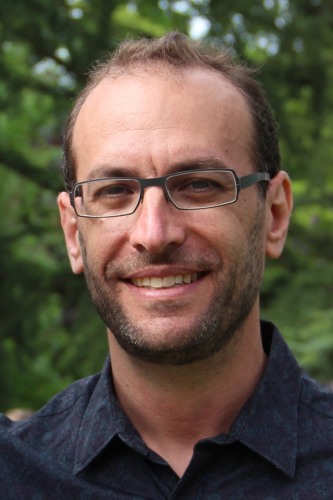
Neil F. Safier
Biography
Neil Safier is Associate Professor in the Department of History at Brown University, where he also holds affiliations with the Department of Hispanic Studies, the Institute at Brown for Environment and Society, the Program in Science, Technology, and Society, the Center for Latin American and Caribbean Studies, and the Native American and Indigenous Studies Initiative. He received his Ph.D. from the Johns Hopkins University in 2004 and has held teaching and research appointments at the University of Michigan, the University of Pennsylvania, and the University of British Columbia, Vancouver. He is the author of Measuring the New World: Enlightenment Science and South America (Chicago, 2008; paperback edition, 2012), which was awarded the 2009 Gilbert Chinard Prize from the Society for French Historical Studies and the Institut Français d’Amérique. A Spanish translation, La Medición del Nuevo Mundo, was released from Marcial Pons (Madrid) in 2016. Together with Joan-Pau Rubiés, he has also co-edited Cosmopolitanism and the Enlightenment, forthcoming in 2023 with Cambridge University Press. Recipient of numerous research fellowships at libraries and archives, including the Huntington Library, the Max Planck Institute for the History of Science in Berlin, the New York Botanical Garden, and the Institute for Research in the Humanities at the University of Wisconsin, he has a wide collection of published books and articles to his name, including essays in Isis, Book History, The Huntington Library Quarterly, Revista Brasileira de História, and Annales: Histoire, Sciences Sociales. From 2013 to 2021, he served as Beatrice and Julio Mario Santo Domingo Director and Librarian of the John Carter Brown Library. His current research relates to the transnational history of knowledge-making in the late-eighteenth-century Atlantic world and the connections between plantation cultures of the eighteenth-century Caribbean and Brazilian natural history, including sugar, indigo, coffee, and cotton. He also has an ongoing interest in the environmental and ethnographic history of the Amazon River basin, from the prehuman to the present, and looks forward to receiving inquiries from graduate students on topics that include: the history of science and knowledge-making in a global context; environmental history of the circum-Atlantic world; the colonial and post-independence history of the Americas, including the empires of France, Portugal, and Spain; and history of the book and print culture in the early modern world (and into the nineteenth century).